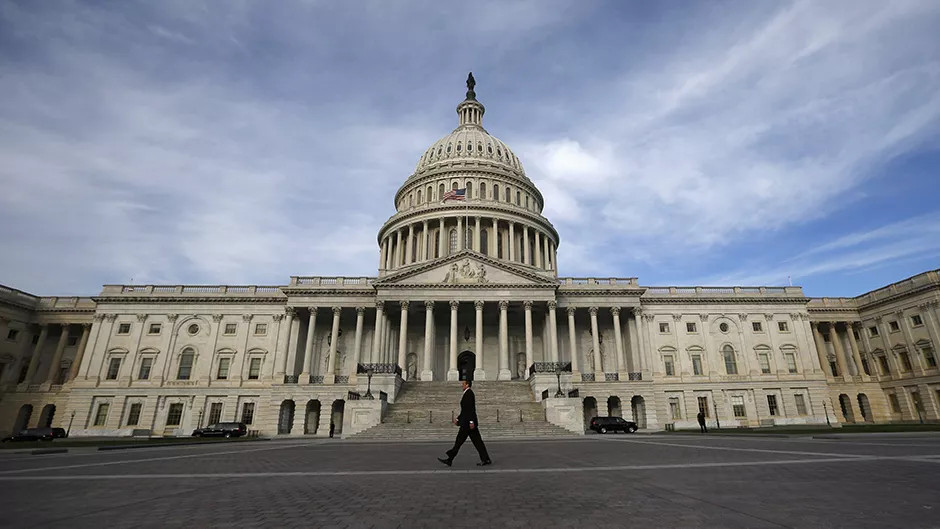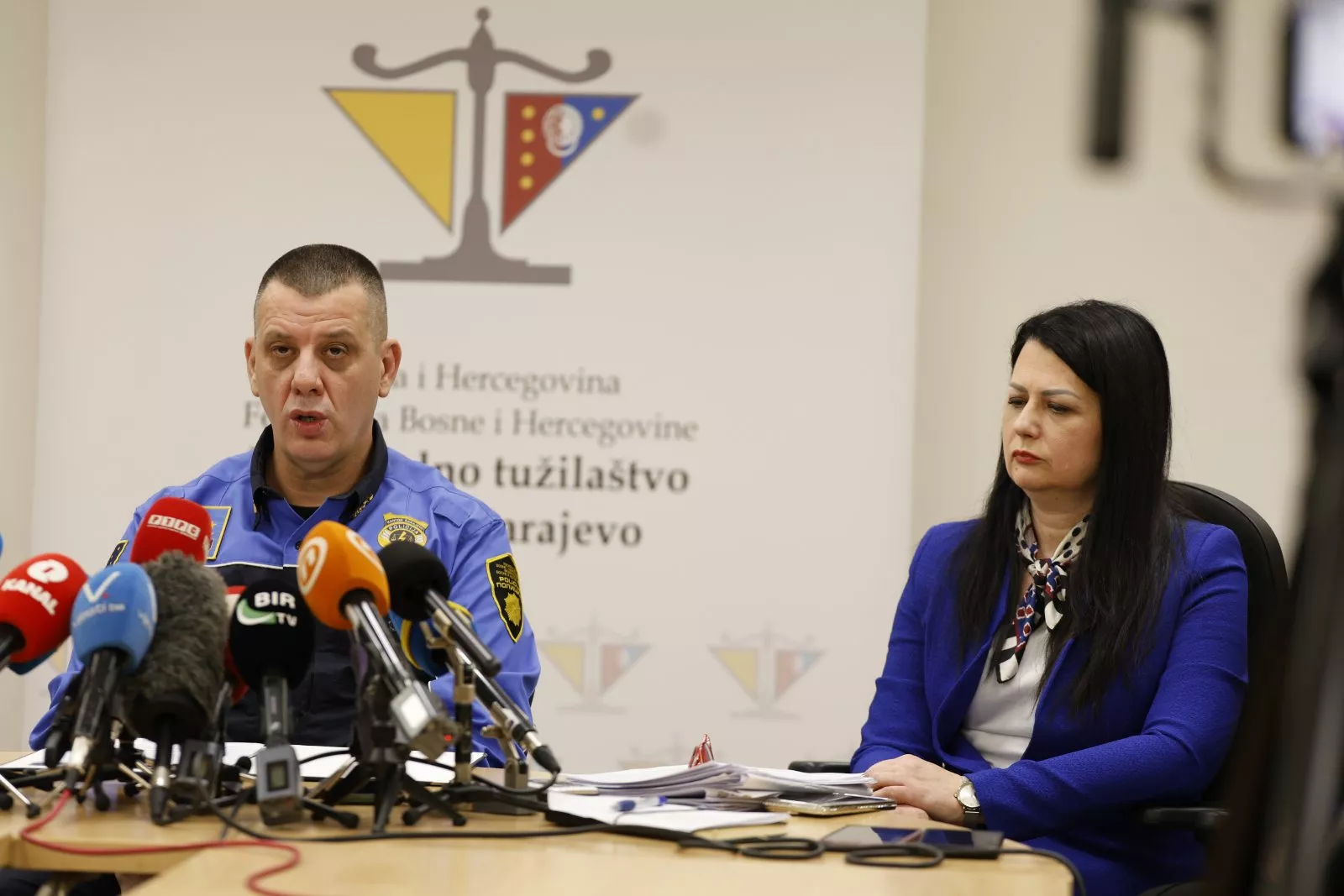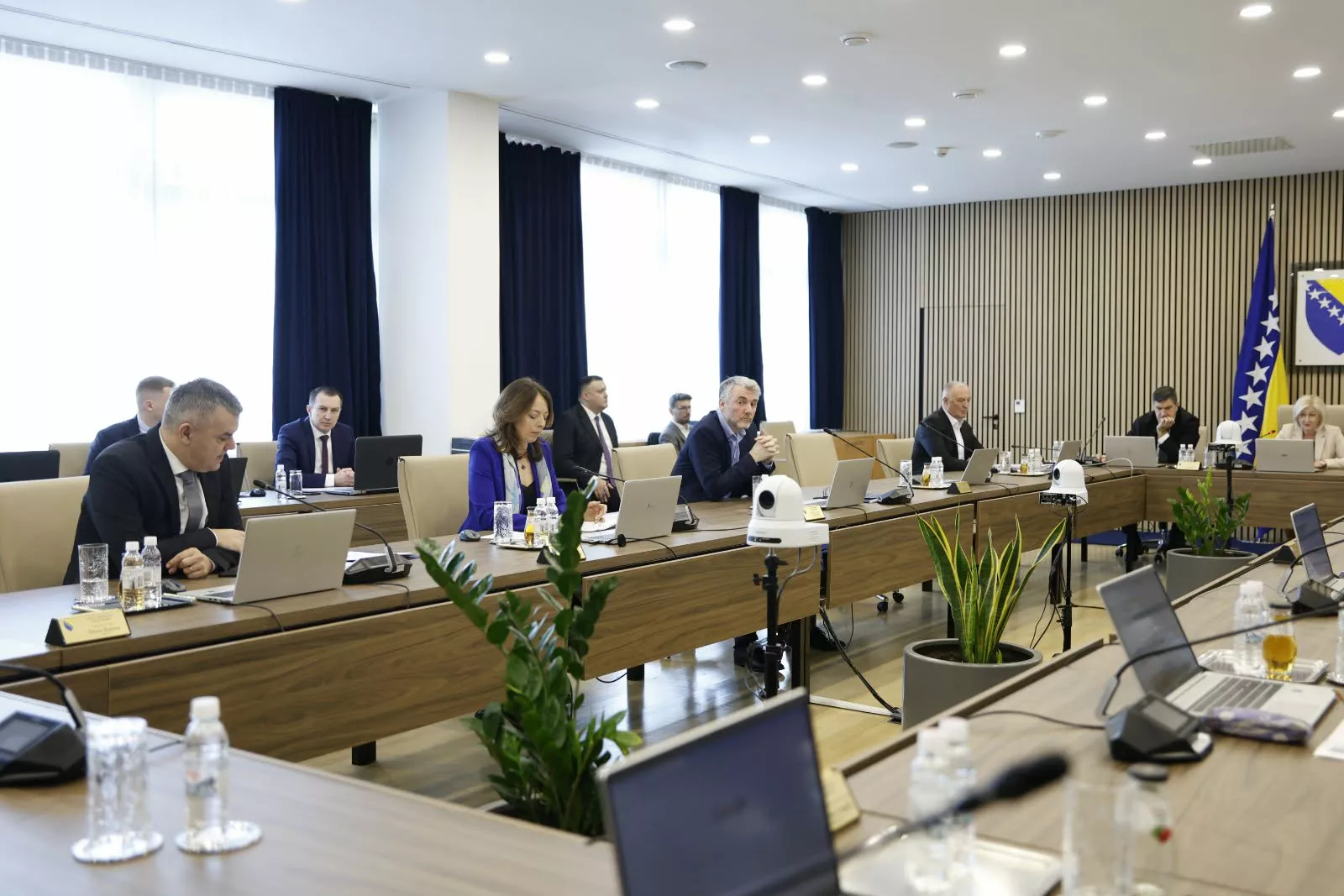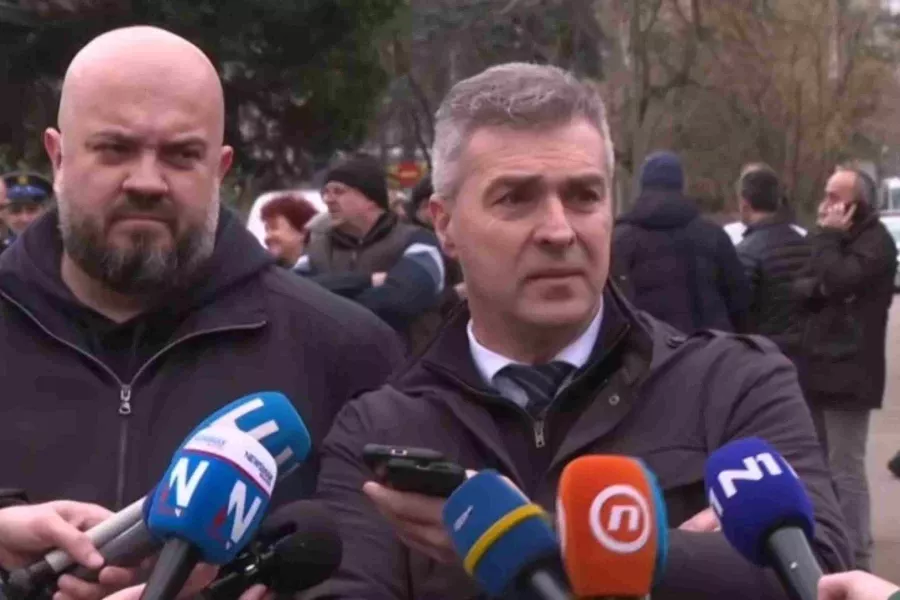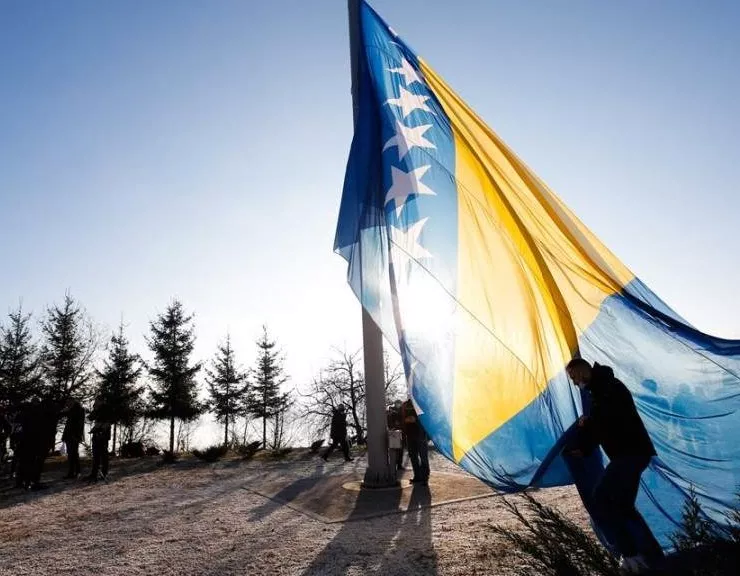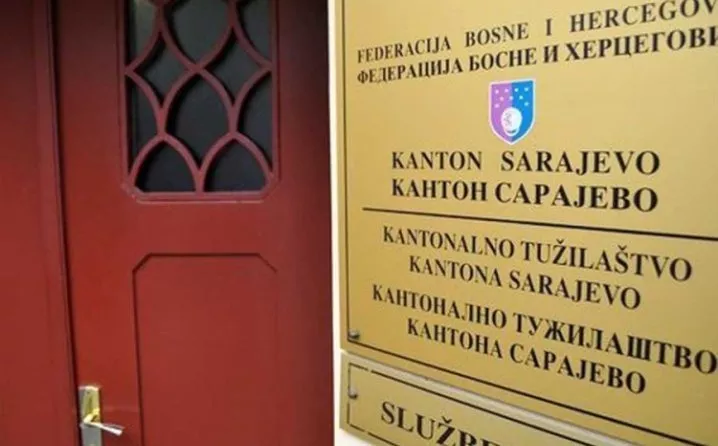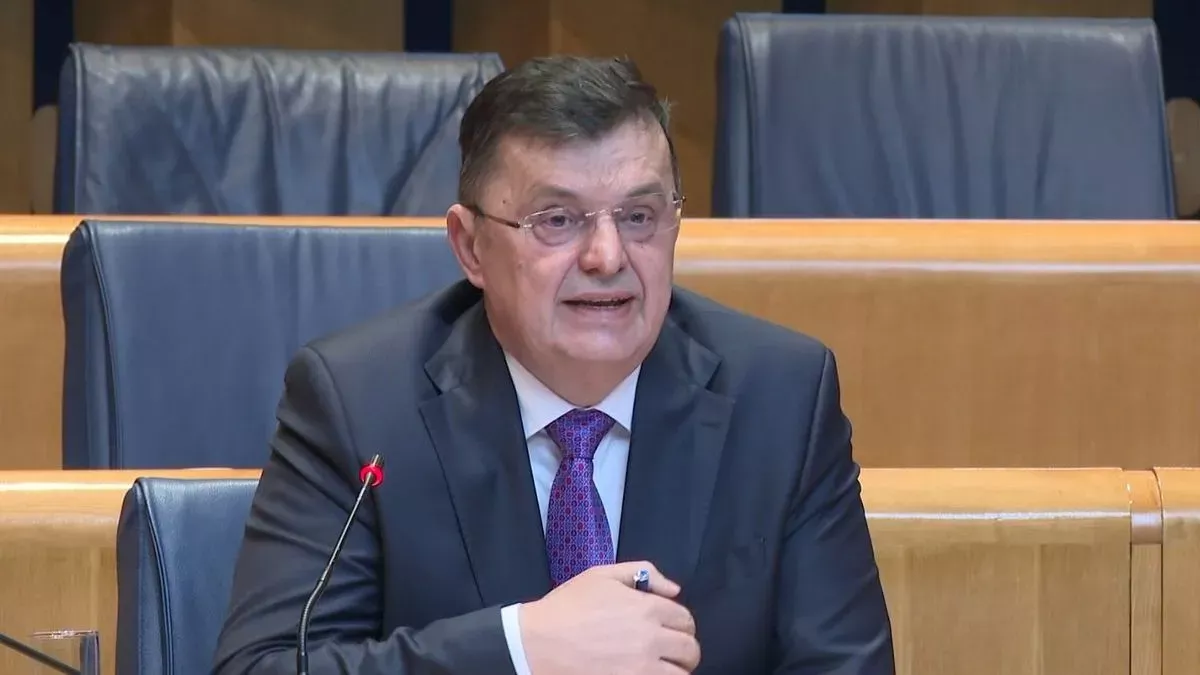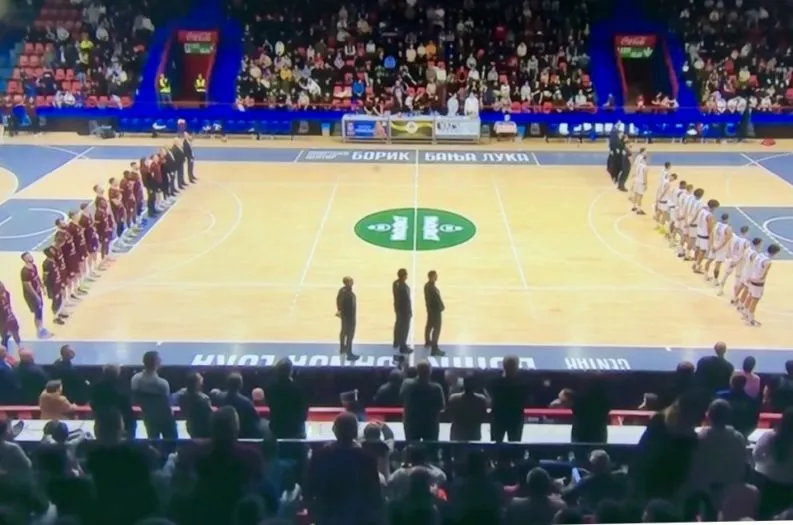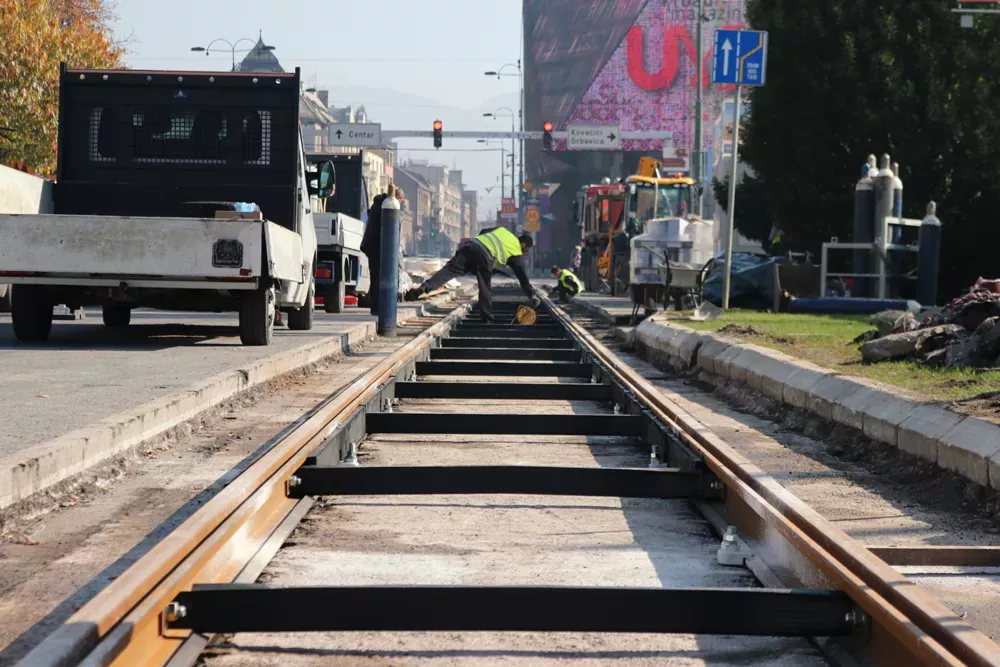

.jpg.webp)
By: Amir Suzanj
Long awaited visit to Belgrade by the Russian president Vladimir Putin is now behind us. The enthusiastic citizens who went to the streets to welcome and greet Putin – merely an external manifestation of the event – had been soon shut out of it even before the units of the communal services started keeping order on the site – the plateau before the St. Sava Temple. The Belgrade media, at least those fond of the Serbian president Vucic, will keep repeating for another 2-3 days at least, the statements by the two presidents, inclined to portray Vucic as an esteemed statesman who is respected and appreciated by the world leaders.
After all this is over, Aleksandar Vucic will remain all alone, with his own impressions, entirely conscious of the fact that he is now torn between Russia and Europe. He had previously taken on certain obligations by the Brussels and Moscow, which he billed them for and even took a political advance for, without fulfilling those obligations. The time has come now for him to 'balance the accounts'.
At the same time, he is well aware that Putin is too big a player in the world context so he could capitalize on his visit in a political sense, as a mere sign of support by Russian to his politics.
The real reason behind Putin's visit to the only country in the Balkans with predominantly proRussian stance is to permanently have it tied to Russia. That, however, in practice means a huge political burden and does not only mean a sort of break-up with the EU and so far declared (and politically well capitalized) European tendencies of Serbia. It is a conscientious entering into a serious political confrontation with Brussels and Washington, and for the benefit of Vladimir Putin, with rather foggy and gloomy perspective as regards political benefits for Serbia.
Has Vucic, after years of acrobatic maneuvering, finally taken a side? It would be difficult to draw any conclusion from everything that we observed during Putin's visit with Belgrade. His political wandering of several months, which has also caused indecisiveness regarding the Kosovo 'knot' according to the demands of the west, is only aimed at strengthening his own shaky situation in the future talks with the European officials. Indeed risky, however, Vucic is rather forced to improvise. His ultimate giving up on Kosovo would inevitably mean his final political fiasco as the west would never even contemplate keeping him in power unless he recognizes Kosovo's independence.
At the same time, the rising tide of antiregime protests in Serbia are bringing political unpredictability upon him so sooner rather than later, in spite of his full control over the state apparatus, police and the media, he could face the destiny of Slobodan Milosevic and get toppled in riots.
Vucic's predicament is due to his continued procrastination as regards the Kosovo issue. Now he is left with almost no choice – he is either to accept the situation or, in some way, indirectly at least, in a different form of rhetoric, to recognize Kosovo, which the western countries expect of him to do; or else he will have to turn to Russia in a full capacity and shut the door in the face of European perspectives for Serbia, which have so far kept him in power.
For Serbia, it would mean a big political and economic uncertainty, a sort of isolation, and perhaps even facing sanctions by the west due to its relations with Russia.
Based on experiences of many previous statesmen, Vucic is well aware of possible consequences of a military and political alliance with Russia without alternative political relations to rely upon with other influential countries. Besides the fact that any concession by Russia represents a kind of political debt for his country, once can hardly expect an economic support by a country with its own problems including international sanctions.
Vucic should keep in mind that all those who unreservedly relied on 'benevolence' that is, political tutorship of Russia, have lost their true independence and sovereignty, and have often lost themselves as well, disappearing in entangling geopolitical processes.
Vucic is wise enough to know that Russia, as a global political player, is in constant geostrategic trading with other superpowers, and in different parts of the world, and that Serbia, to be completely honest, is just a small change money in those big bills.
Who will guarantee it to Vucic that the position of Serbia will not be sold tomorrow for some concessions in Ukraine or, more likely, Syria?
Vucic is indeed at crossroads – Kosovo is the key to everything, time is ticking away for the Kosovo drama with no room for a rational political maneuver!
When it comes to that high award given to Vucic by the Russian president – the medal of Aleksandar Nevski – none of Serbia's officials should look forward to it as, according to some meanies, it represents a kind of very bad prophecy. Before Vucic, it was given to four previous leaders of Serbia – Karadjordje, who was killed by the Serbs, the king Milan Obrenovic who had to run away to save his life, Nikola Pasic, longtime president of the government, who got a stroke after he had heard that he was not going to be re-elected, and lastly the king Aleksandar Karadjordjevic who was assassinated in Marseilles.
But who should believe in some curses! The medal is only a piece of cloth and metal given on different merits – sometimes for credits previously earned, other times as some kind of satisfaction for displeased yet deserving citizens and statesmen, and sometimes even as some sort of advance, a deposit, for whatever the voluntary giver of the medal may expect of the lucky recipient.
Since this is about extraordinarily delicate political issues, or concessions as some would have it, it may well be the point at which Aleksandar Vucic should stop and think deeply about the medal given to him by the Russian emperor. After all, he is educated enough and old enough to know the old adage – when Russia embraces, bones break.
